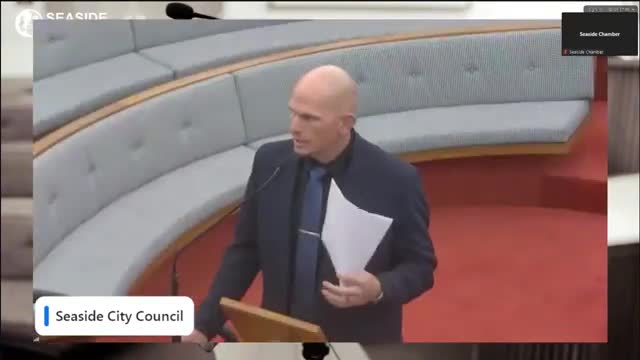Article not found
This article is no longer available. But don't worry—we've gathered other articles that discuss the same topic.
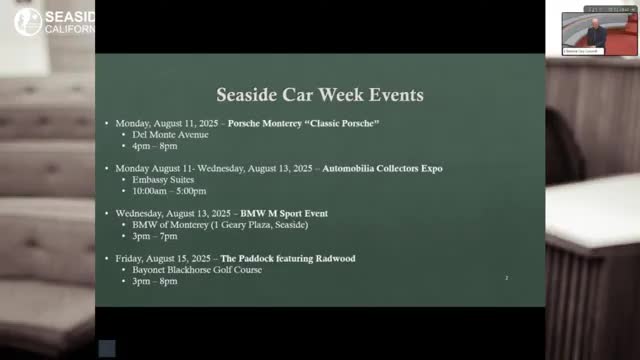
Seaside outlines Car Week schedule and Exotics on Broadway changes; Broadway remains free but Fremont will include a paid VIP area
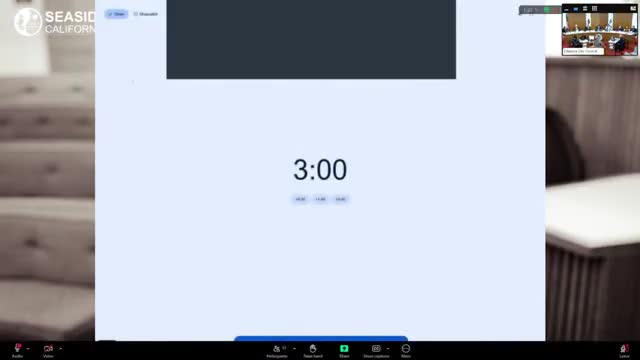
Police, fire say July 4 enforcement reduced fireworks activity; city reports seizures and citations
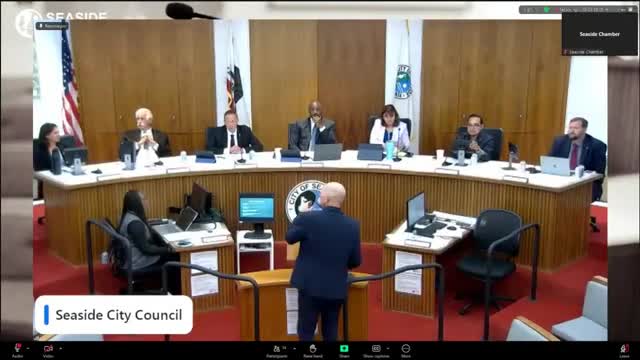
Council introduces ordinance curbing aggressive solicitation, clarifies storage and overnight vehicle rules
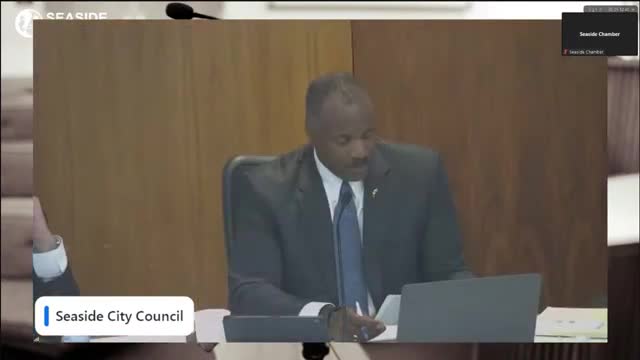
Council adopts ordinance adding security, zoning limits for firearm and ammunition sales
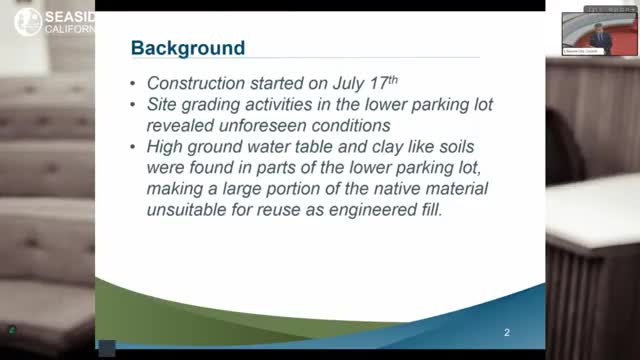
Council approves $300,000 transfer to cover unexpected police parking-lot repairs
